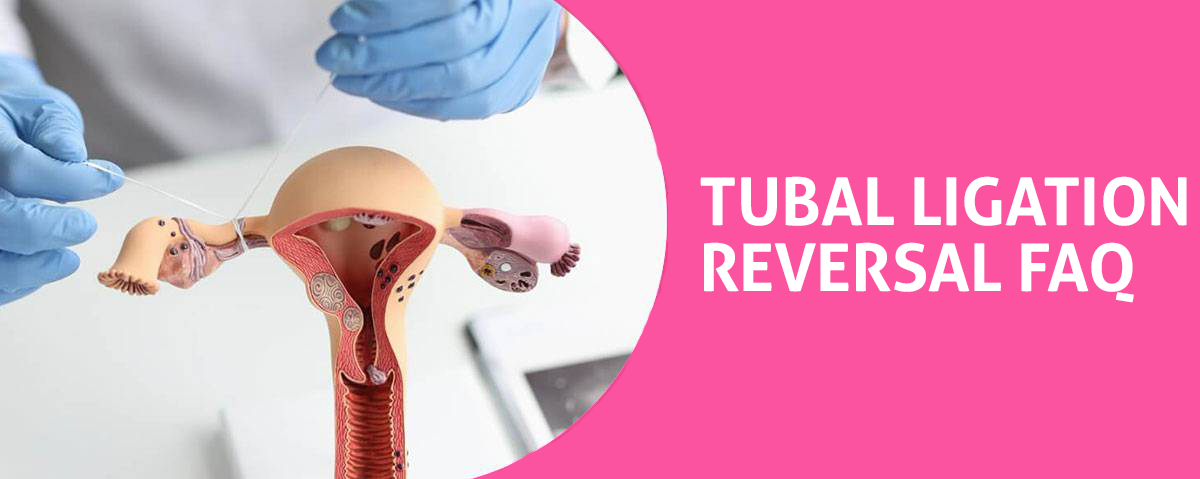Can I Still Have a Tubal Ligation When on My Period?
When you’re on your period, you might wonder if you can still undergo a tubal ligation. The answer is affirmative. Menstruation doesn’t necessarily disqualify you from the procedure. However, it’s essential to understand the menstrual effects on the process. The menstrual flow doesn’t interfere with the operation but might slightly increase your discomfort.
Your recovery process may also be influenced by your menstrual cycle. Post-surgical discomfort could add to menstrual cramps, making your recovery more uncomfortable than it might typically be. Therefore, it’s advisable to schedule the procedure during a time when you’re not menstruating. But ultimately, the decision depends on your personal comfort and the advice of your healthcare provider. Be open with them about your concerns, they’re there to help.
Risks and Benefits
Understanding the risk-benefit ratio of tubal ligation, especially while on your period, can help you make an informed decision about whether it’s the right choice for you. There are risks, like any surgical procedure, including complications during post-surgery recovery. You might experience pain, bleeding, infection, or reaction to anesthesia. However, the benefits are significant too. It’s a highly effective, permanent contraceptive method, offering you peace of mind. If you’re unsure, explore alternative contraceptives, like birth control pills, IUDs, or condoms, which are reversible. Weigh the risks and benefits carefully, consult with your doctor, and consider your lifestyle and future plans. Keep in mind, your health and comfort should always be your priority.
Ideal Timing for the Procedure
So, when’s the best time for you to undergo a tubal ligation procedure? The ideal timing largely depends on your personal schedule and health conditions. However, it’s generally recommended that the procedure is performed when you’re not menstruating. This is due to surgical preparation and post procedure care. You’ll be asked to clean the surgical area prior to surgery, which can be more challenging during menstruation.
Post procedure care also involves maintaining cleanliness in the surgical area to prevent infection. This could be more difficult when you’re on your period. It’s always best to discuss your personal circumstances with your healthcare provider to determine the most appropriate time for you. Remember, your comfort and safety are the utmost priority.
Other Popular Questions About Tubal Ligation Reversal:
How Dangerous Is Tubal Ligation?
How Common Is Weight Gain After Tubal Ligation?
How Common Is Tubal Ligation Failure?
How Common Is Regret After Tubal Ligation?
How Common Is Recanalization After Tubal Ligation?
How Common Is It to Get Pregnant 7 Years After a Tubal Ligation?
How Can You Tell if Your Tubal Ligation Failed?
How Can You Still Have Periods After Tubal Ligation Anatomy?
How Can You Have a Period After Tubal Ligation?
How Can I Tell What Type of Tubal Ligation I Had?
How Can I Reverse Tubal Ligation?
How Can I Prevent Early Menopause After Tubal Ligation?
By using this webiste you agree to Terms and Conditions
